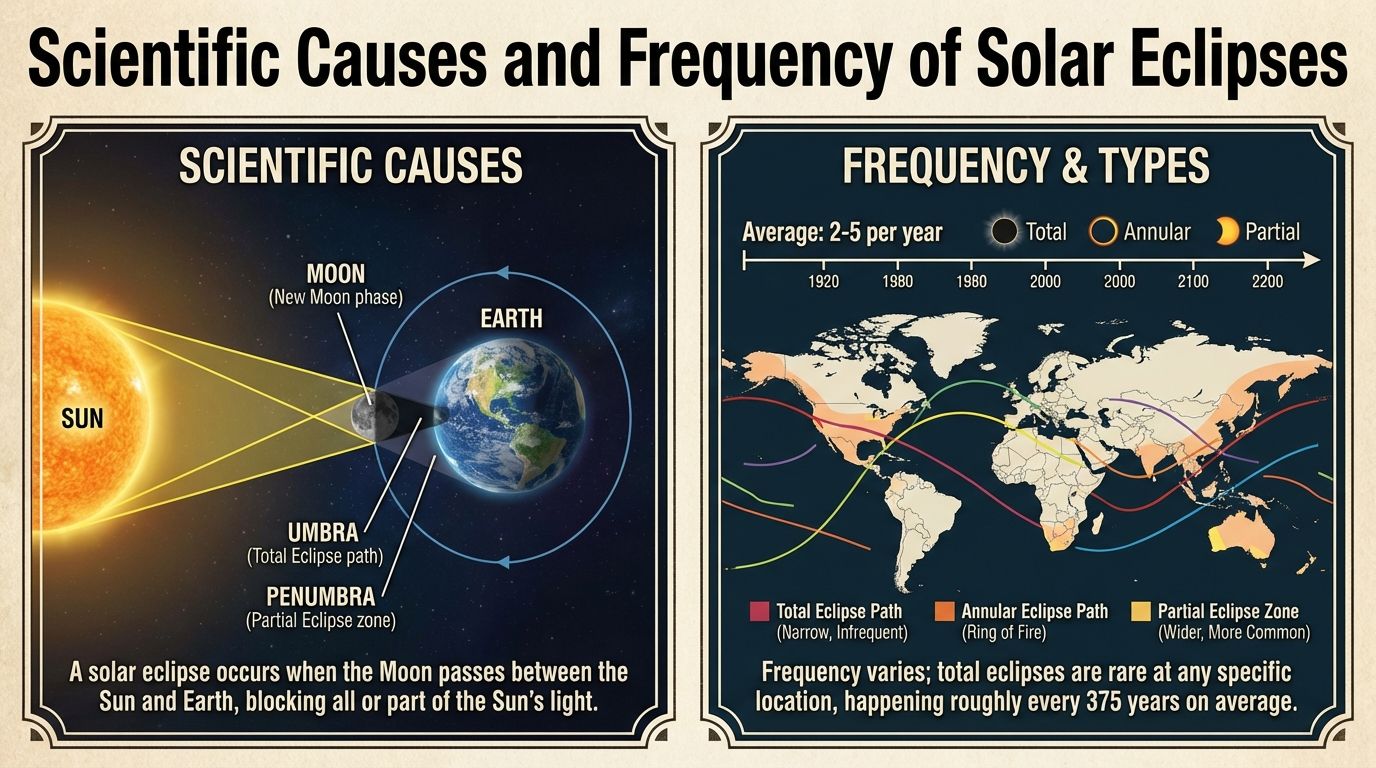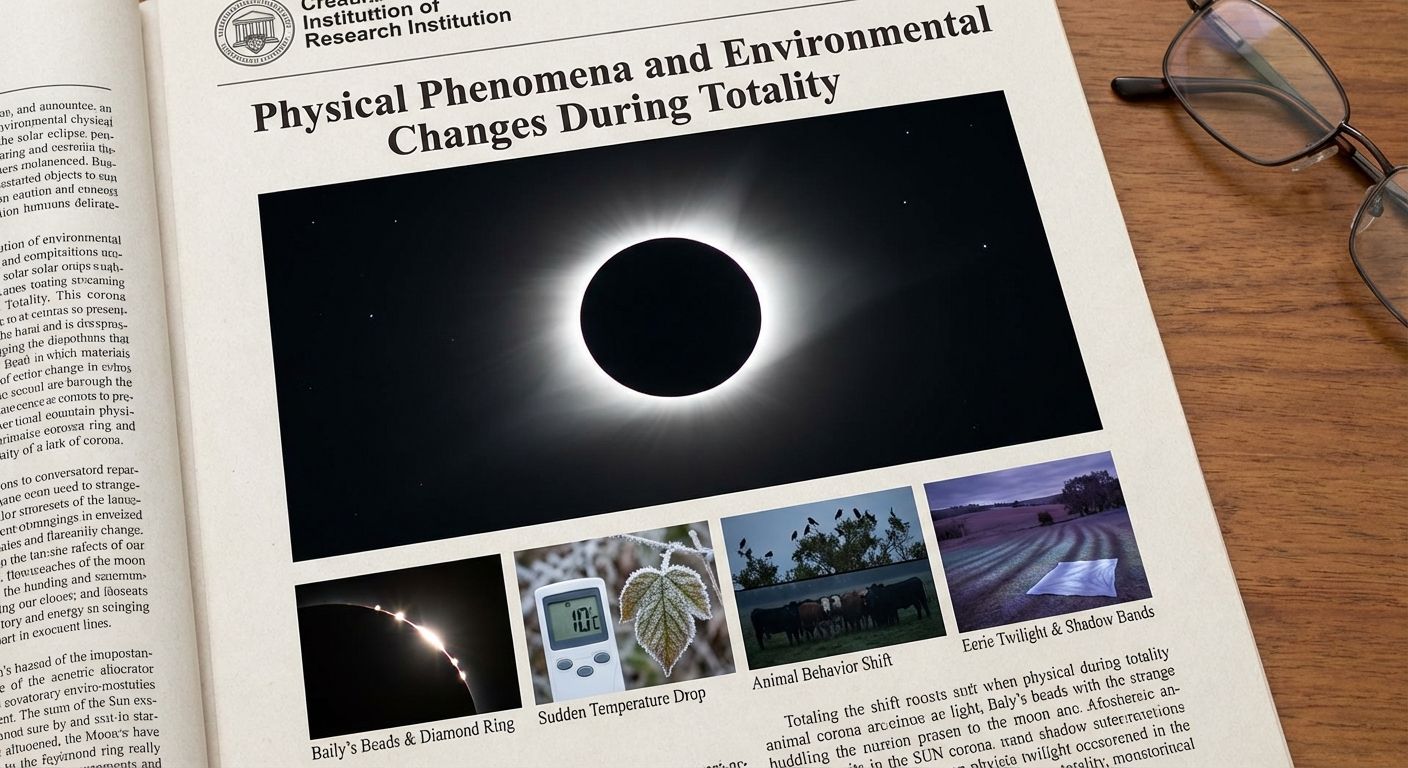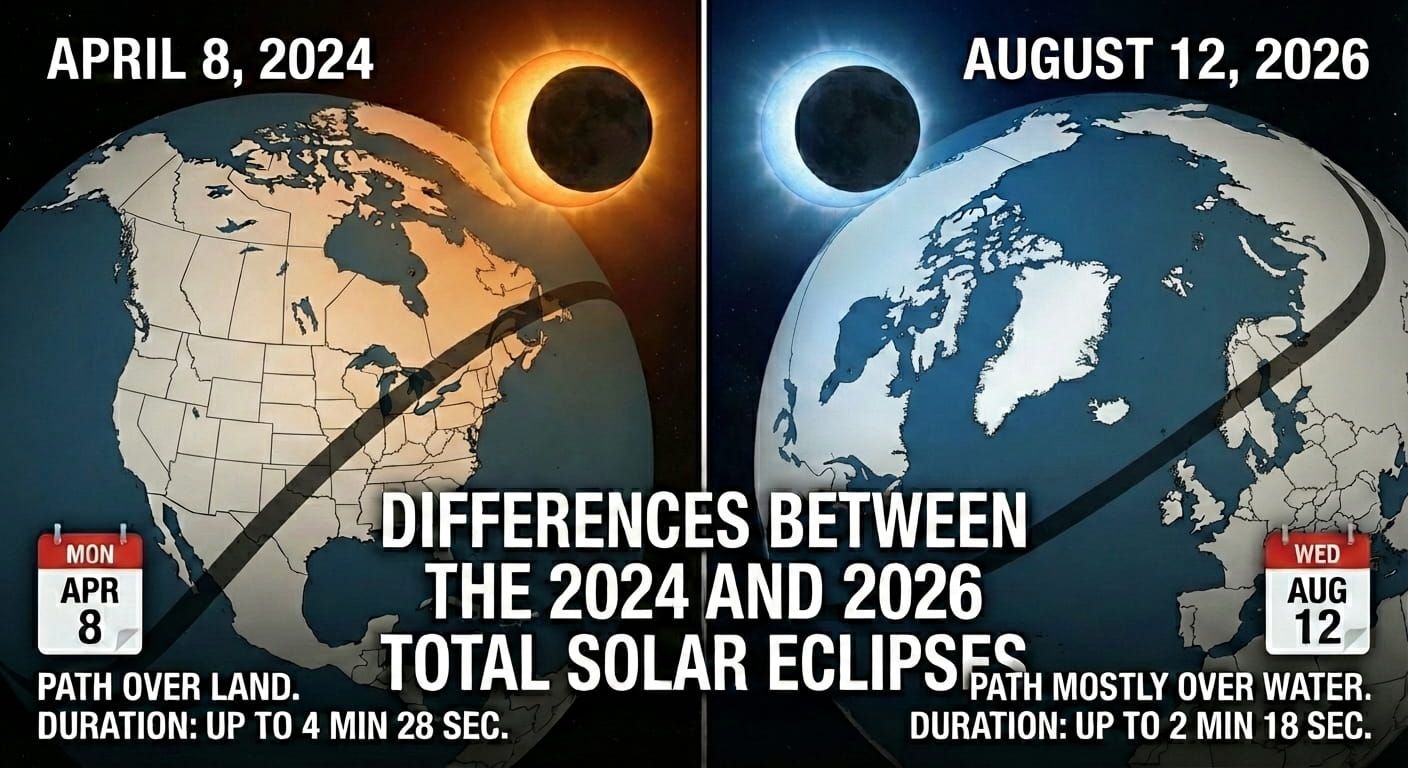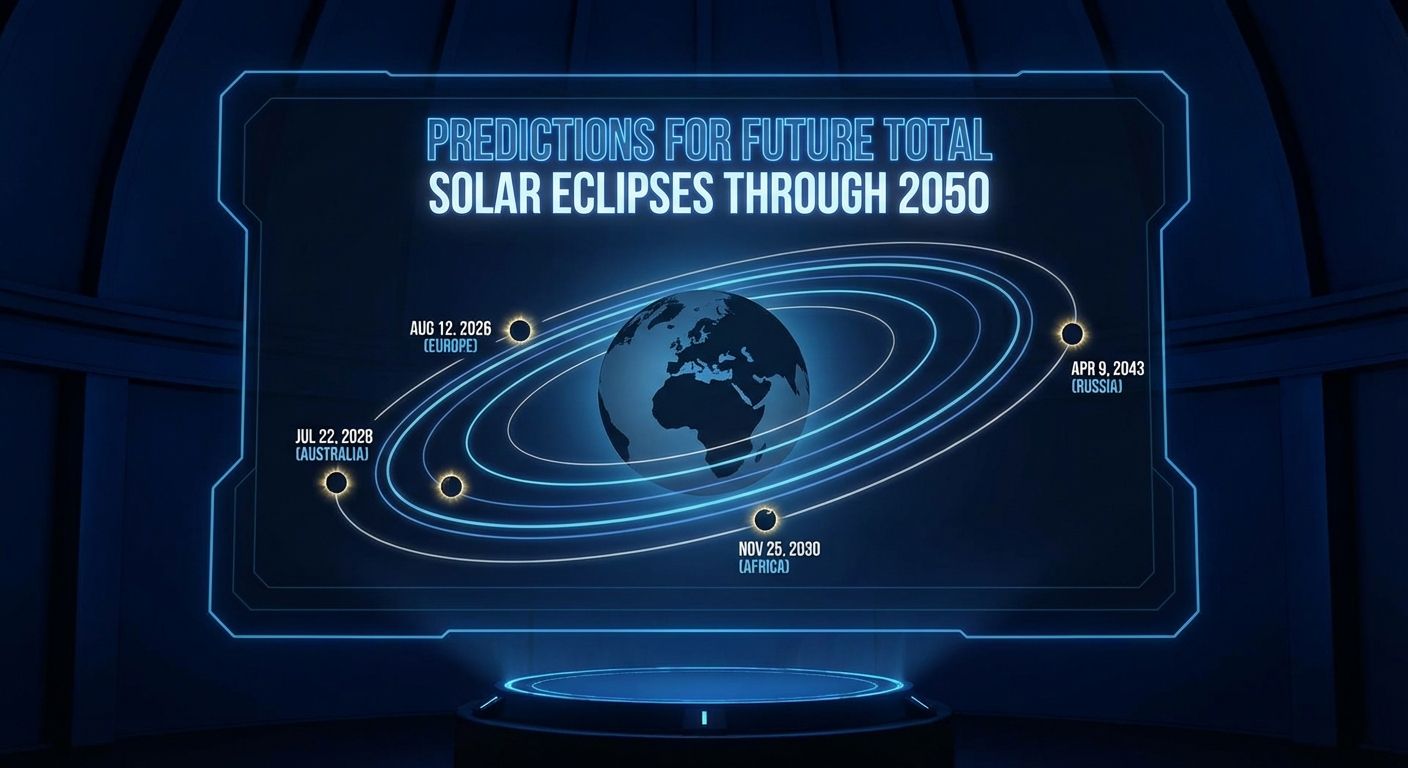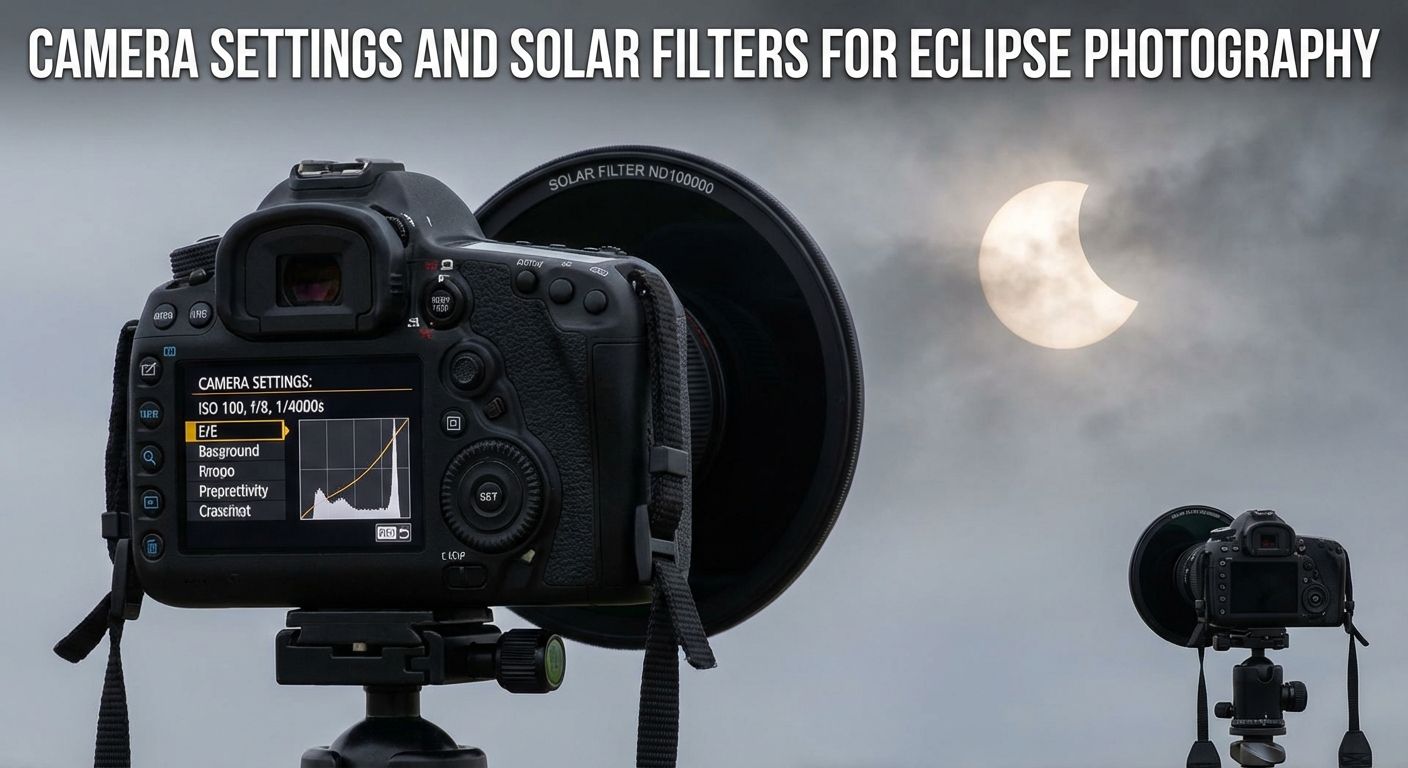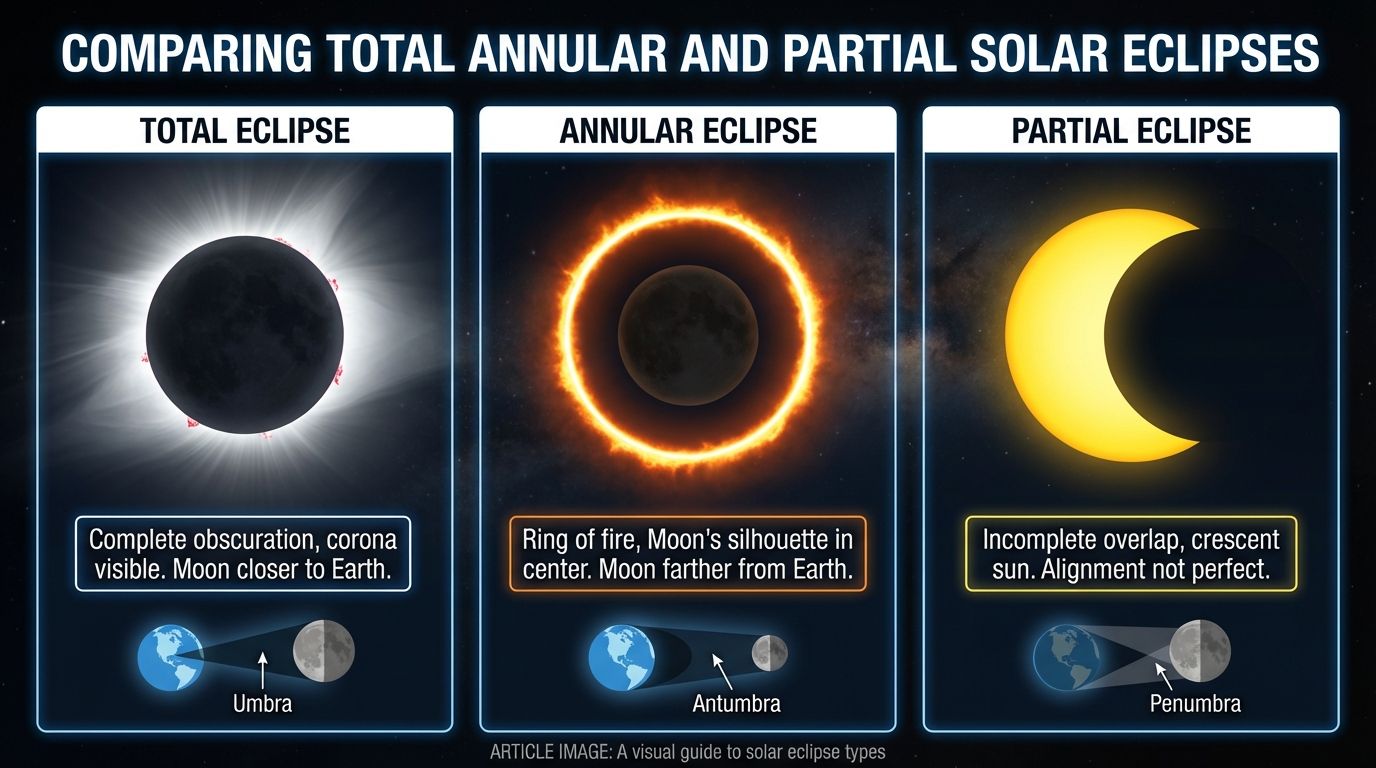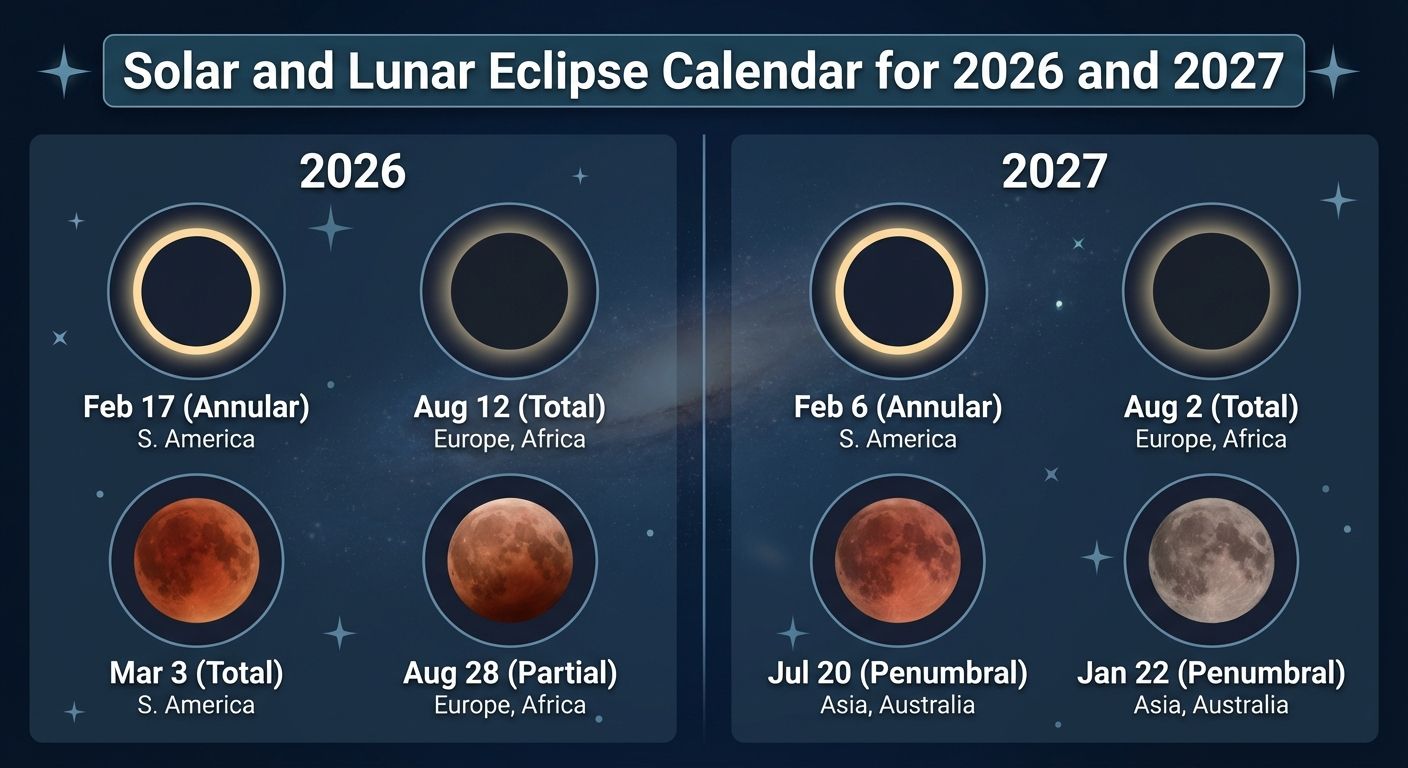You’ve probably looked up at a glowing sky and thought, how can this be real? Orange clouds. Crimson light. Sometimes even a flash of green. It feels like magic. But it’s all science and a little bit of timing. The sun may be going down, but the physics are just getting started, something that ties directly into the science of sunset colors and how light behaves in our atmosphere.
Why the Sky Turns Red
As the sun drops closer to the horizon, its light has to pass through more air. That thicker layer of atmosphere scatters the short wavelengths first, blue and violet. What’s left are the longer waves: red, orange, and yellow. That’s what your eyes catch, much like observing shifts in global time zones as daylight moves across regions.
Dust, pollution, and water vapor also help bounce the light around. More particles mean a richer, deeper red. That’s why sunsets often feel more dramatic after a storm or near a city. The sky becomes a kind of canvas for physics, similar to how weather conditions can affect visibility and color vibrancy at dusk.
What About the Pink and Purple Tints?
Not all sunsets stick to red. Sometimes you get a soft wash of pink or deep shades of purple. These show up because of how light scatters in the lower atmosphere. If clouds are high enough, they catch the red and reflect it into cooler colors. The mix can feel almost surreal, like a painter’s gradient fading into twilight, reminding us of afterglow and twilight effects that occur after major atmospheric events.
The Strange Case of the Green Flash
It’s real. It’s rare. And if you blink, you’ll miss it. The green flash happens in the last seconds before the sun dips below the horizon. It’s a trick of bending light, also known as refraction, which works similarly to how time zone maps illustrate curved divisions of daylight around the Earth.
As sunlight passes through the atmosphere, the colors bend at slightly different angles. Blue and violet are scattered too much to reach your eye. Green stays just enough to make a short, sudden appearance if the sky is clear and the horizon is flat. Many travelers time this moment perfectly with help from world clock tools when chasing sunsets across the globe.
Colors That Show Us More Than Beauty
- Red skies can hint at weather patterns, “Red sky at night, sailor’s delight” has some truth, just like the seasonal variations you can track in a calendar
- Pollution can make sunsets more intense by scattering more light, much as smog can obscure views across major cities
- Wildfire smoke can lead to purple and magenta tones, similar to phenomena seen in light pollution studies
- Humidity often softens sunset colors with hazy pinks
- Volcanic ash can create blazing oranges that last for weeks, another reminder of how volcanic skies paint their own stories
What Sunsets Are Really Telling Us
Those streaks of red and orange aren’t just pretty, they’re proof of how our planet works. Every sunset carries a signal: about air quality, light, moisture, and time. It’s daily science, painted across the sky. All you have to do is look up before it fades, or check a precise time reading to know when to expect the next one.

